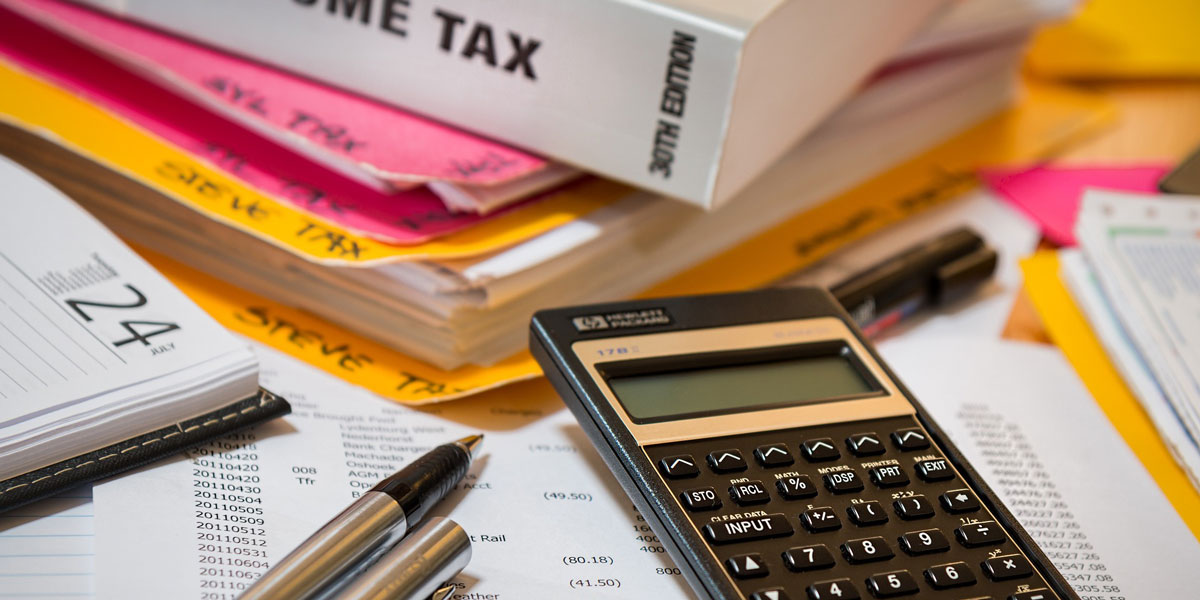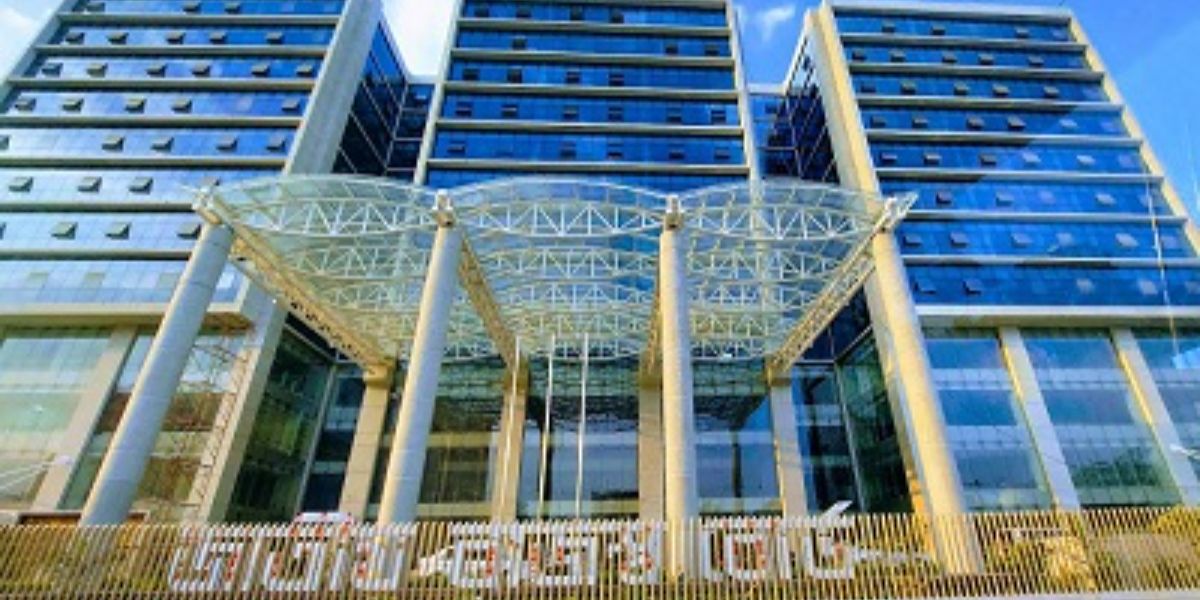Bangladesh Finance Minister, Abul Hassan Mahmood Ali, proposed the BDT 7,97,000 crore (approximately $7.97 billion) national budget for the fiscal year 2024-25 before the parliament on 6 June, 2024.
This is the country’s largest-ever budget for Bangladesh since FY 1972-73.
According to the minister, the goal of this year’s budget is to transform Bangladesh into a developed, prosperous and smart country by 2041.
Some of the provisions of the 2024/25 budget include maintaining economic stability; ensuring an educational environment conducive to science education, scientific research and innovation; providing necessary support to the agriculture sector and ensuring food security; improving and expanding basic health services; ensuring the provision of training for the youth and self-employment; using technology at all levels, including digitising all possible services; developing physical infrastructure; optimising utilisation of marine resources; ensuring disciplines in the financial sector; eliminating extreme poverty by 2031 and lowering the general poverty rate to 3% by 2041; ensuring a conducive environment for setting up industries and investment, and continuing zero-tolerance policy against corruption.
The goals are undoubtedly ambitious. According to the finance minister, they are exactly what the country needs to combat various economic challenges, curb inflation, halt corruption, and make the country attractive to foreign investors.
The ruling government also believes the budget is feasible and achievable. However, since independence, Bangladesh has failed to completely implement any proposed budgets. The average implementation rate is 85%, due to operating expenditure being too high when compared to the development spending.
Bangladesh has a high execution rate of operating expenditures, and most of the budget is spent on pay and allowances, purchasing goods and services, paying interest on domestic and foreign loans, subsidies, and incentives.
Economist Fahmida Khatun, the executive director of Centre for Policy Dialogue (CPD), has criticised this year’s budget, saying it “lacks originality” and doubted the feasibility of its goals.
The economist voiced disappointment over the budget’s lack of innovative solutions to tackle Bangladesh’s current economic challenges.
“We had high hopes for a creative and bold approach,” she said to The Business Standard, an English local business daily.
Debapriya Bhattacharya, a distinguished fellow of the Centre for Policy Dialogue, also expressed disappointment for the budget.
“This is a Bangladeshi way of making the budget, which does not necessarily conform to the best practices of the world,” he said to The Daily Star, a local English daily.
Whitening of black money
The CPD praised the government’s decision to increase taxes on the wealthy but criticised the proposal to legalise black money through a 15% tax payment.
Fahmida contended that this measure would discourage regular taxpayers and lack economic justification, as it would serve the interests of special groups without yielding significant revenue.
“We have seen in the last few years that revenue collection does not increase much by giving this facility. Rather, it incentivises those with black money and discourages those who pay taxes regularly,” she said during a press briefing today, 7 June.
CPD fellow Mustafizur Rahman said, “It’s not fair for taxpayers to pay a 30% tax on legal income while only being asked to pay 15% on illegal earnings. Similarly, companies holding on to hidden money for a long time shouldn’t get away with a 15% tax rate. There should be stricter laws with penalties for earning illegally, including additional taxes.”
Does not address the social safety net
The finance minister wants to eliminate extreme poverty by 2031 and lower the general poverty rate to 3% by 2041. However, CPD doubtes the methods this could be achieved, they expressed concerns about the social safety net.
According to Fahmida the funding to combat extreme poverty has increased slightly but a significant portion of it is allocated to pensions and subsidies which limits the resources for the society’s extremely disadvantaged individuals.
Budget unlikely to curb soaring inflation
As of April 2024, inflation stood at 9.73%, but CPD is concerned that new budget measures could further fuel inflationary pressure. Additionally, she expressed concern that new taxes on consumer goods will further burden households already struggling with inflation.
The think tank mentioned that the government’s measures to combat rising prices remain insufficient. For instance, the tax-free income threshold will remain unchanged for the upcoming fiscal year starting 1 July, 2024. Conversely, the government aims to increase revenue through a 12% rise in VAT. This will likely be achieved, but the financial burden will ultimately have to be borne by the general public, regardless of income level.
“An inflation target of 6.75% and an export growth target of 8% is very unrealistic,” said Fahmida Khatun. She emphasised the need for increased investment to curb inflation.
In FY 2023-24, the initial gross investment target was set at 31% but was later adjusted to 23.5%.
“This fiscal’s target has been set at 27.3%. Where will we get the investment from? There have been no steps taken to increase this investment,” she said.
“Inflation was above 9% in May, so bringing it below 7% would be challenging without any targeted steps. And the export growth this year was only 2%. Where will the extra 6% come from?” she added.
Tax burden to rise
The new budget will increase the tax burden on the general public. To meet the International Monetary Fund’s (IMF) conditions, the tax-GDP ratio must rise. The finance minister has leveraged this opportunity to boost revenue in the budget.
Rather than introducing new reforms or targeting tax evaders, the plan is to raise taxes and extract more from those who already pay regularly. In the 2024/25 budget, the finance minister wants to achieve this with indirect taxation, most notably VAT. This will disproportionately impact ordinary citizens, who receive no tax relief.
How feasible is the new budget?
M A Taslim, an economics professor at Independent University, Bangladesh, stated that budgets often fail to be fully implemented due to the government’s limited capacity.
“Our efficiency level is low because we do not have adequate quality manpower. We need investment in building adequate human capital. But we have not invested enough in education, health, and social sectors to build human capital, which is why we have to hire a lot of human resources from abroad,” he said to The Daily Star.














